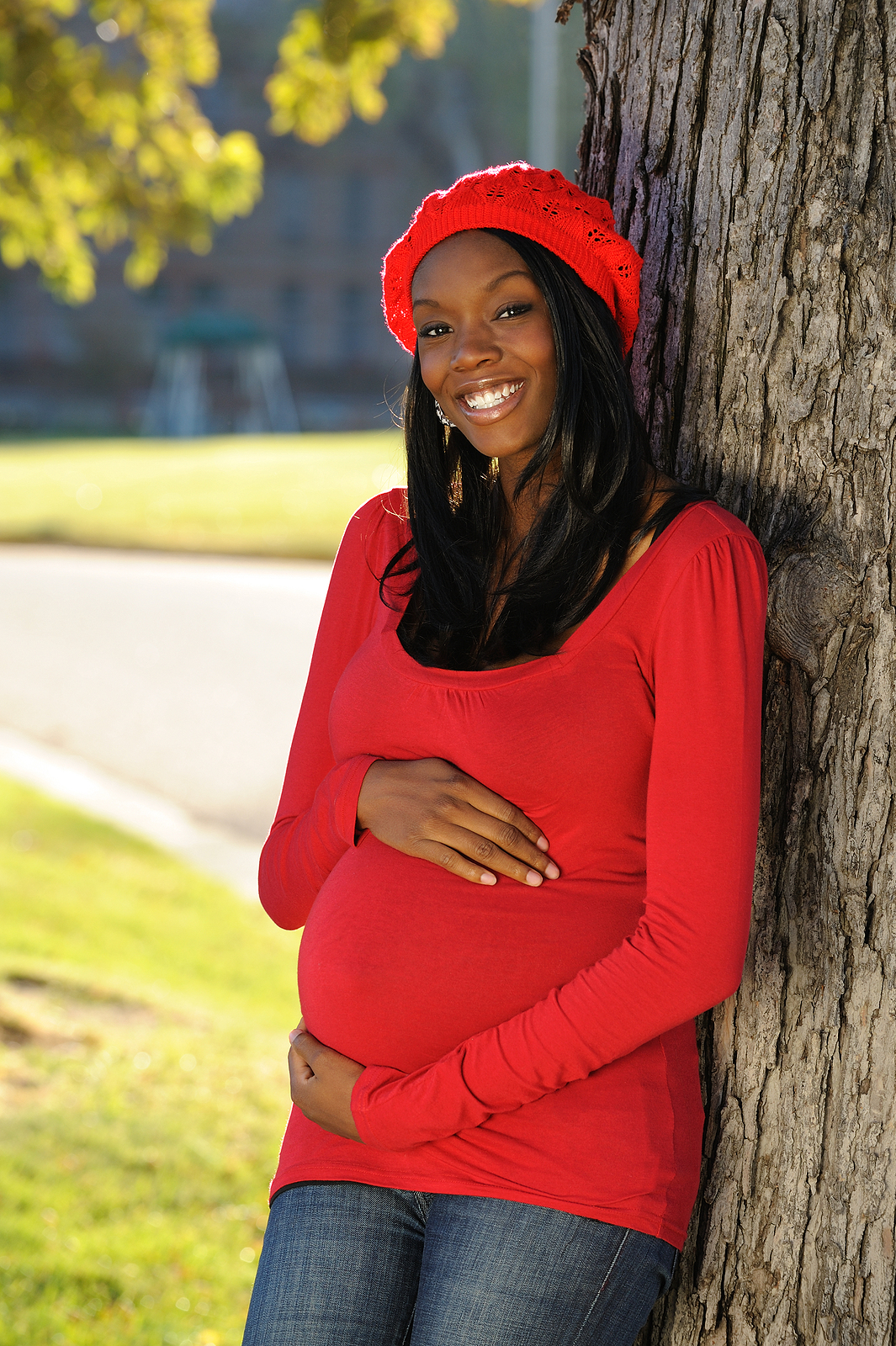
August 23, 2023 l by Tara E.
It’s been sixty years without an approved vaccine for RSV, a severe illness that affects infants, young children, and older adults. But all that has changed in 2023. The U.S. FDA recently endorsed a groundbreaking vaccine for pregnant women, providing protection for vulnerable infants.
One of the key players in this discovery is Jason McLellan, a professor at UT Austin’s Department of Molecular Biosciences. McLellan explains that while most people get infected with RSV multiple times in their lifetime, it poses a significant threat to specific groups. “RSV causes significant disease in the very young and the elderly,” he explains. “For healthy adults, it’s like having a bad cold.”
RSV Causes Hospitalizations in Kids
The Centers for Disease Control and Prevention reports that RSV is the leading cause of hospitalization in infants, with up to 80,000 children under the age of 5 being hospitalized each year. The virus also affects older adults, leading to hospitalizations ranging from 60,000 to 160,000 annually, with 6,000 to 10,000 deaths.
McLellan emphasizes that RSV’s impact has often gone unnoticed. He says, “When people were sick with RSV, they didn’t realize it and just categorized it as a flu-like illness.” However, in recent years, specific tests have revealed that RSV indeed causes many hospitalizations and deaths due to respiratory illness.
The surge of RSV cases during the 2022 winter season helped raise awareness of this common virus. Coincidentally, this surge coincided with a flurry of activity in testing and developing vaccines and treatments.
Last year, clinical trials for vaccines from various pharmaceutical companies were in their final stages. GSK’s Arexvy became the first FDA-approved RSV vaccine for adults over 60, followed closely by Pfizer’s Abrysvo for older adults. Just recently, Abrysvo also received approval for pregnant women between 32-36 weeks of gestation.
While these vaccines were approved around the same time, they are the result of decades of research. McLellan explains that scientists have been studying RSV since it was first isolated from chimpanzees in 1956. It took years to understand its virology, proteins, disease-causing mechanisms, and vaccine development.
The road to approval was not without challenges. A previous attempt to develop an RSV vaccine for infants in the 1960s ended tragically, making researchers extremely cautious. However, technology advancements and breakthroughs like McLellan’s work on stabilizing proteins paved the way for the development of effective vaccines, including those for COVID-19.
Pfizer’s RSV Vaccine
While Pfizer’s vaccine for pregnant women still awaits CDC approval, the CDC currently recommends a monoclonal antibody treatment for infants under eight months of age to prevent infection. This treatment provides infants with much-needed antibodies to protect them until they can develop their own immune response.
Looking ahead, McLellan and his lab at UT are focused on addressing other viruses, including human metapneumovirus, which causes severe disease in the very young and the elderly. He also emphasizes the importance of vaccine development against different families of viruses to be prepared for future epidemics or pandemics.
The approval of the first RSV vaccine is a significant milestone in protecting vulnerable populations and preventing severe illnesses in infants and older adults. With ongoing research and advancements, we are on the path to a healthier future.